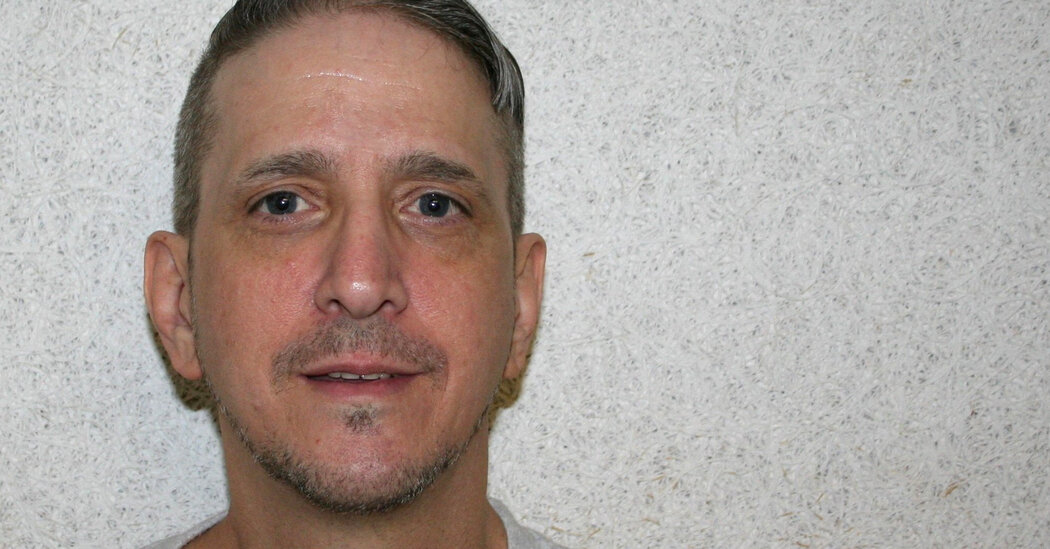The Supreme Court on Tuesday granted a new trial to Richard Glossip, a death row inmate in Oklahoma whose challenge to his conviction led to an extraordinary concession from the state’s attorney general.
State lawmakers from both political parties, along with celebrities like Kim Kardashian, had called for clemency or a new trial.
Most crucially, Attorney General Gentner Drummond of Oklahoma, a Republican, had asked the justices to throw out Mr. Glossip’s 2004 conviction and order a retrial.
Justice Sonia Sotomayor, writing for the majority, said prosecutors had failed to correct false testimony from their star witness, violating Mr. Glossip’s due process rights. “Glossip is entitled to a new trial,” she wrote.
Justices Clarence Thomas, Samuel A. Alito Jr. and Amy Coney Barrett dissented in whole or in part. Justice Neil M. Gorsuch, who had heard an aspect of the case as an appeals court judge, was recused from it.
Mr. Glossip was convicted of arranging the death of his employer, the owner of a motel in Oklahoma City. Two independent investigations cast doubt on his guilt, saying critical evidence had been withheld and major testimony was faulty.
Mr. Glossip’s conviction was based almost entirely on the testimony of the state’s star witness, a handyman named Justin Sneed who had pleaded guilty to killing Barry Van Treese, the motel owner, beating him to death in 1997 with a baseball bat.
In exchange for a life sentence, Mr. Sneed agreed to testify against Mr. Glossip, the motel’s manager. Mr. Sneed said Mr. Glossip had instructed him to kill Mr. Van Treese.
Recently disclosed notes appeared to contradict Mr. Sneed’s testimony about whether he had been treated by a psychiatrist, and they seemed to show that he had been diagnosed with bipolar disorder.
“When I was arrested,” Mr. Sneed testified, “I asked for some Sudafed because I had a cold, but then shortly after that somehow they ended up giving me lithium for some reason.”
“I don’t know why,” he added. “I never seen no psychiatrist or anything.”
The prosecutor, Connie Smothermon, emphasized that testimony. “So you don’t know why they gave you that?” she asked. Mr. Sneed said no.
Lawyers for Mr. Glossip and the state said that Mr. Sneed had testified falsely about how he came to be taking lithium and that Ms. Smothermon had failed to correct him.
They pointed to newly disclosed notes, prepared by Ms. Smothermon, containing two contested phrases. “On Lithium?” one said. “Dr Trumpet?” said another. The second question was an apparent reference to Dr. Lawrence Trombka, who was the sole psychiatrist at the jail where Mr. Sneed was held after the murder.
That violated, they said, fundamental requirements established in two Supreme Court precedents: Brady v. Maryland, which requires prosecutors to turn over potentially exculpatory evidence, and Napue v. Illinois, which forbids them from knowingly presenting false testimony.
Justice Sotomayor relied on the second precedent. “We conclude that the prosecution’s failure to correct Sneed’s trial testimony violated the due process clause,” she wrote.




